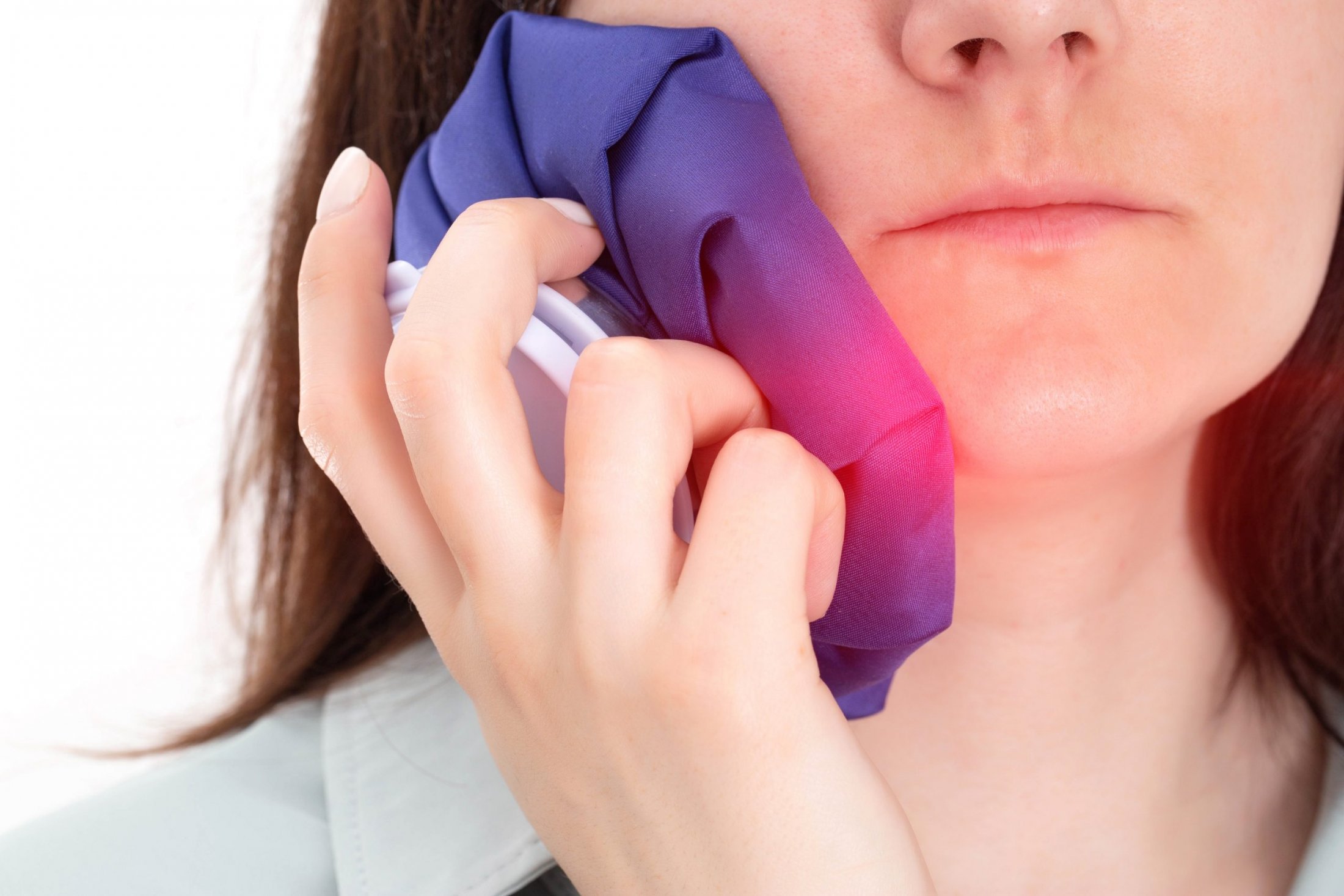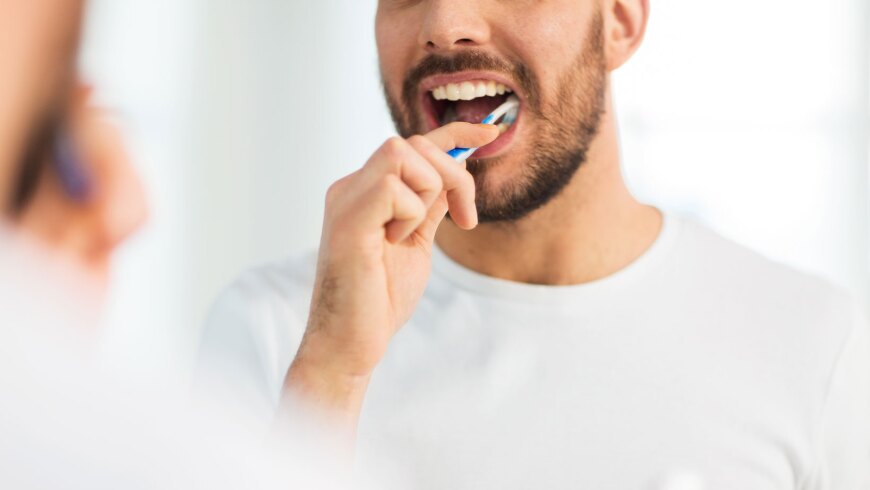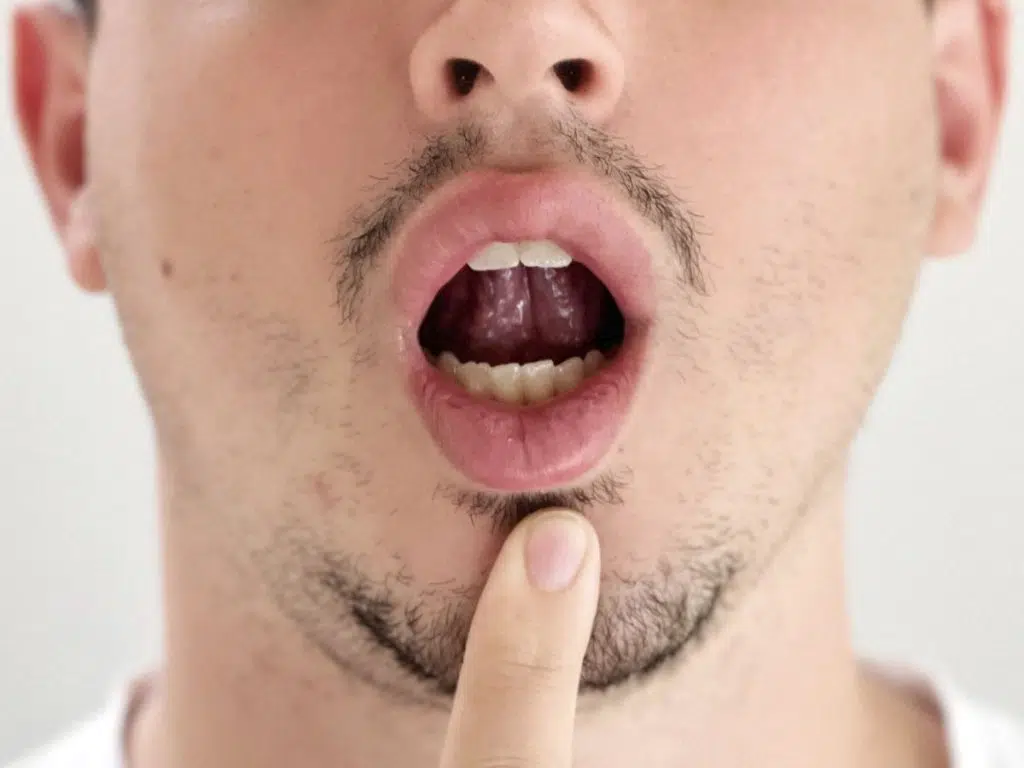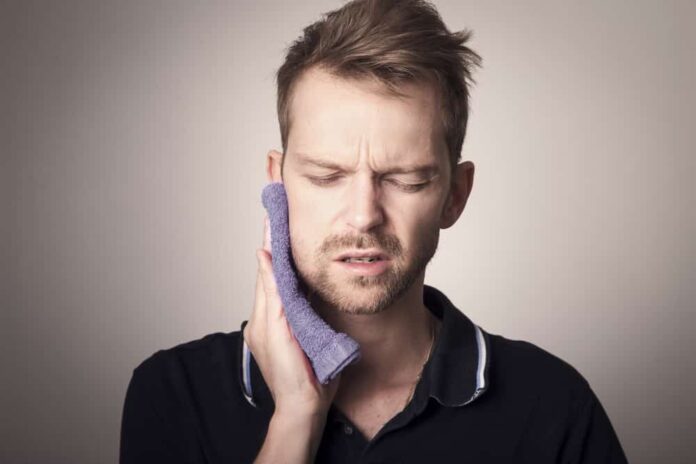Wisdom teeth, those pesky molars at the back of our mouths, often make their appearance between the ages of 17 and 25. While some of us might never experience the growth of these teeth, others aren’t so lucky.
When these teeth don’t have enough room to grow, they can become impacted, leading to pain, infections, and other dental issues. In such cases, a wisdom tooth extraction becomes necessary. Now, I’ve been there, and I know the discomfort that follows. But with proper aftercare, the journey to recovery can be smoother than you think.
The Recovery Process

The recovery process after a wisdom teeth extraction varies from person to person. While some might bounce back within a few days, others might take a week or more to feel completely normal.
Several factors, such as age, overall health, and the complexity of the extraction, can influence individual recovery experiences. One thing’s for sure: following your dentist’s post-operative instructions is crucial.
Pro Tip: Younger adults often experience fewer complications and heal faster than older individuals.
Managing Pain Effectively
After a wisdom teeth extraction, it’s natural to experience some pain. Your dentist might prescribe pain medications, and it’s essential to use them as directed.
For those who experience mild discomfort, over-the-counter pain relievers can be a lifesaver. And don’t underestimate the power of a good old ice pack! Applying it to the affected area can reduce swelling and provide a numbing effect.
Fun Fact: Did you know that the term “wisdom teeth” is believed to come from the age at which these teeth typically appear, a time when a person matures into adulthood and gains a bit of “wisdom”?
Maintaining Oral Hygiene

Keeping your mouth clean after an extraction is paramount. But, it’s also essential to be gentle. Softly brushing your teeth without disturbing the healing process is a skill you’ll quickly master. Rinsing with saltwater can also help prevent infections and promote healing. However, remember to avoid vigorous rinsing and spitting during the initial days post-extraction.
Bachelor
Recovery doesn’t have to be all about pain and discomfort. Think of it as a time to indulge in some personal enjoyment. Ever had a list of books you wanted to read or movies you’ve been meaning to watch?
Now’s the time! From binge-watching your favorite TV shows to discovering new podcasts, there’s a world of entertainment waiting for you. And if you’re someone who enjoys more hands-on activities, consider low-energy hobbies like drawing, journaling, or simply listening to soothing music.
Fun Fact: Did you know that laughter can act as a natural painkiller? So, those comedy shows might just be what the doctor ordered!
Swift Recovery Exercises

While resting is crucial, it’s also essential to ensure that your jaw doesn’t become too stiff. Gentle jaw exercises can help prevent this. However, always remember to start slow and avoid any movements that cause pain.
Maintaining proper posture, even when resting, can also help alleviate discomfort. But before you start any exercises, always consult with a healthcare professional to ensure you’re on the right track.
Pro Tip: Gentle yawning and slight jaw movements from side to side can be effective exercises to regain flexibility.
Recognizing Red Flags
While discomfort and mild pain are expected after an extraction, it’s essential to be aware of signs that might indicate complications. Symptoms like excessive bleeding, severe pain not alleviated by medication, worsening swelling after a few days, or any signs of infection (like pus or an unpleasant taste in your mouth) should be taken seriously.
If you notice any of these symptoms, reach out to your dentist immediately. However, it’s also essential to remember that most discomforts are a natural part of the healing process.
Gradual Return to Normalcy

Recovery is a journey, and patience is your best companion. With each passing day, the discomfort will subside, and you’ll find yourself returning to your regular routine.
Follow-up appointments with your dentist are crucial to assess your progress and ensure everything is healing as it should. And always remember, you’re not alone in this. Many have walked this path and come out smiling on the other side.
FAQ
How long should I wait before returning to work or school after the extraction?
Typically, most people take off for 2-3 days post-extraction. However, depending on the complexity of the procedure and individual healing rates, some might need a longer break. Always consult with your dentist and listen to your body.
Can I use mouthwash after the extraction?

It’s best to avoid commercial mouthwashes immediately after the procedure as they might contain alcohol or other ingredients that can irritate the extraction site. Instead, you can use a warm saltwater rinse as recommended by your dentist.
Is it normal for the extraction site to have a white appearance a few days after the procedure?
Yes, a white or yellowish layer might form over the extraction site, which is part of the healing process. It’s the tissue and can be a sign that the area is healing properly. However, if you’re concerned, it’s always good to consult with your dentist.
When can I start exercising again after the extraction?
Light exercises like walking can be resumed after a couple of days, but it’s recommended to wait at least a week before engaging in strenuous activities or heavy workouts to prevent any complications.
In Summation
Navigating the aftermath of a wisdom teeth extraction can be a journey filled with uncertainties. But armed with the right knowledge, care, and a touch of patience, it becomes a manageable experience.
Remember, every individual’s healing process is unique, so always prioritize your well-being, listen to your body, and consult professionals when in doubt. Your health and comfort are paramount, and with each passing day, you’re a step closer to a full recovery. Here’s to







